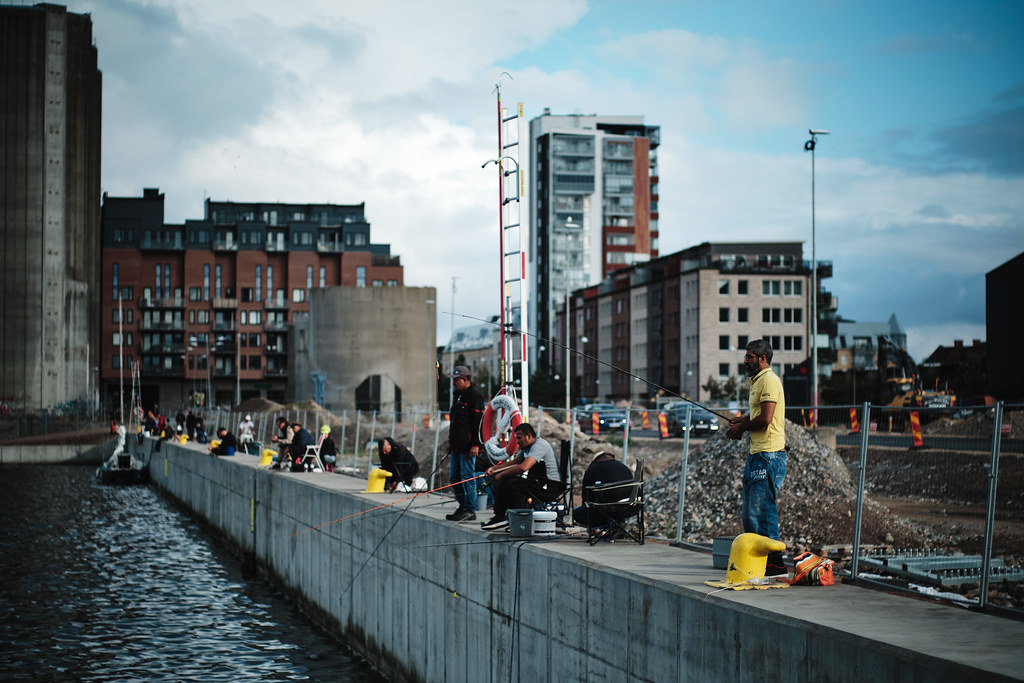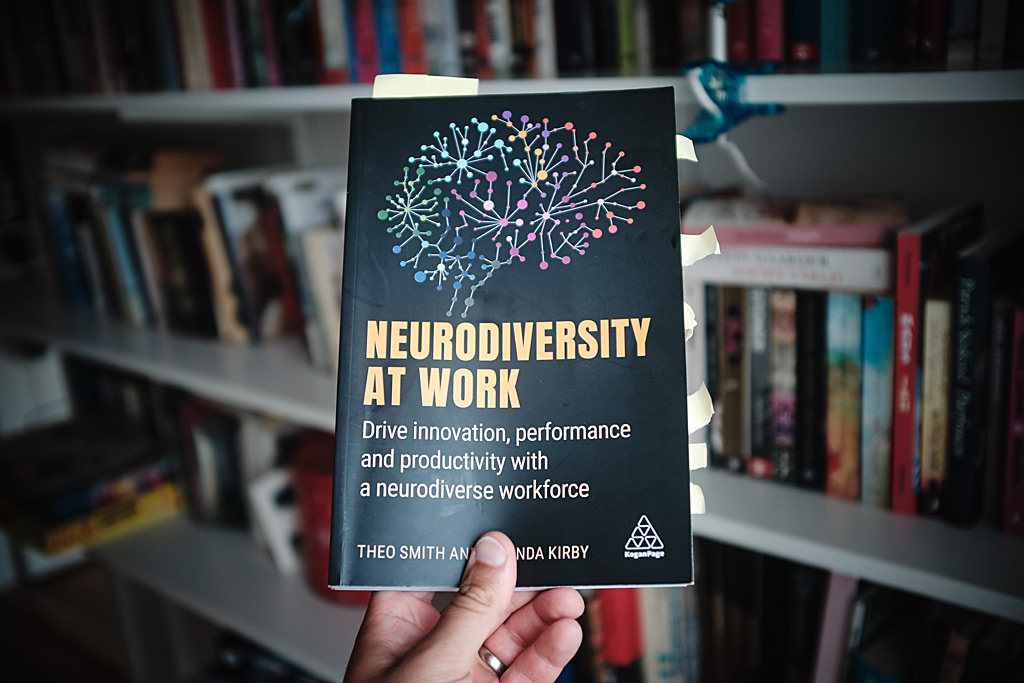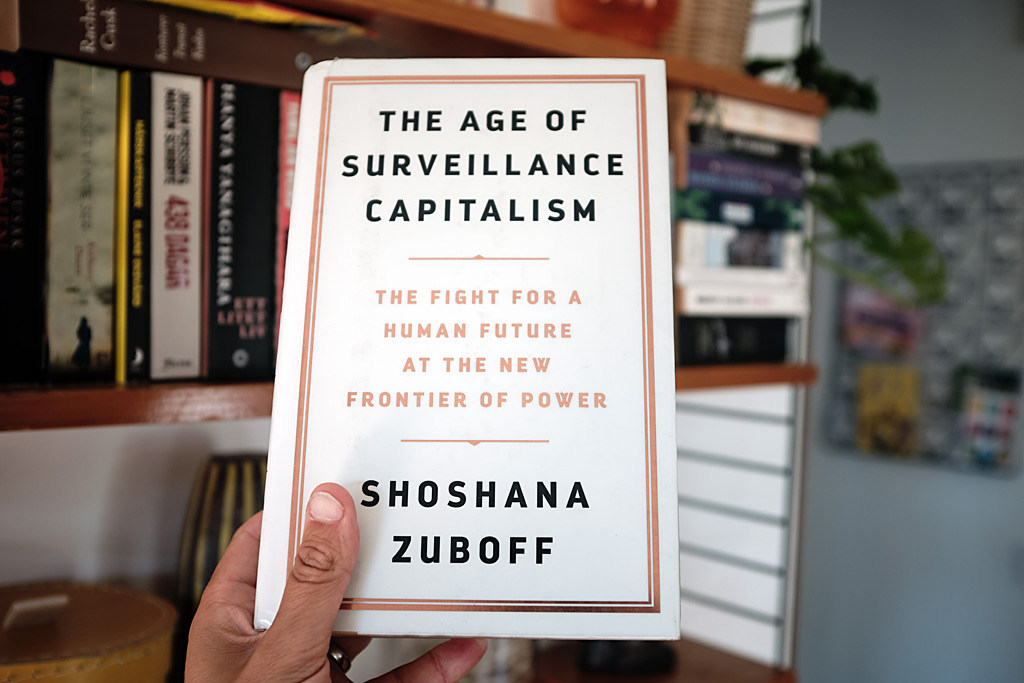Lästips/Läsdagbok (46 & 47): "The Weirdest People in the World" och "Neurodiversity at work".
- Guilt over shame
- Low conformity and deference of tradition/elders
- Patience, self-regulation and self-control
- Time thrift and hard work (vaue of labor)
- Desire for control and love of choice
- Trust, fairness, honesty and cooperation with anonymous others, strangers and impersonal institutions
- Emphasis on mental states, especially in moral judgment
- Muted concerns for revenge
- Reduced in-group favoritism
- Moral universalism: thinking that moral truths exist in the same way mathematical laws exist.
- Analytical over holistic thinking
- Attention for foreground and field independence - being able to isolate objects from the background
- Overvaluing of own stuff and overconfidence
Lästips / Läsdagbok (44): Divided - Why we’re living in an age of walls.
Om murarna som idag skiljer mer en tredjedel av världens länder gentemot sina grannar. Hälften av dessa har tillkommit efter andra världskriget. Det finns idag fler murar mellan länder än under kalla kriget. Specifikt tas dessa murar (och relaterade konflikter upp):
- Kinesiska muren vars syfte var att stänga ute barbarerna. Numera är syftet med “The Great wall of China istället att stänga inne och förhindra informationsspridning.
- Trumps mur som skulle byggas gentemot Mexiko
- Israel - Palestina
- Murar mellan Sunni och Shia i Mellanöstern
- Avspärrningarna mellan Indien, Pakistan och Burma
- Afrika - Av kolonialmakterna linjaluppritade gränser som separerat etniska grupper och stammar.
- EU och Brexit, UK och Irland samt den mur som löper mot gränsen gentemot Skottland som en gång i tiden var romarrikets yttersta gräns
Lästips/Läsdagbok (43): The age of surveillance capitalism
Ni kanske har läst att Amazon kommer att köpa Roomba som tillverkar iRobot-dammsugaren för ca 1.7 miljarder kronor.
Synerigerna med andra smarta produkter är klara. Hemassistenten kan kartlägga rum, lyssna & agera på röstkommandon, svara på frågor – typ som andra Alexa-produkter. Kombinationen, Alexa, Ring-dörrklockor mfl kommer ge företaget otrolig mängd data om hushållets storlek, antal och typ av möbler, personer i hushållet – både besökande och boende. Frågorna kring integritet och personlig data är återigen på tapeten.
Detta leder mig till nästa boktips: ”The age of surveillance capitalism”. Insikter och en sammanfattning nedan:
Surveillance capitalism claims human experience as free raw material to be translated into behavioral data. Some is applied to improve products or services but the rest is declared as ‘behavioral surplus’, fed into advanced manufacturing processes as ‘machine intelligence’ and fabricated into ‘prediction products’ (90% of Googles revenue a couple of years ago). The competitive dynamics of these new markets drive surveillance capitalism to acquire ever-more-predictable sources of behavioral surplus – our voices, personalities and emotions. The most predictive behavioral data comes from intervening (!) to nudge, coax, tune and herd behavior towards profitable outcomes. The shift we are in is where the automated processes not only know our behavior but also shape it at scale. Demand is not only satisfied but also created by clever intervention.
All this data is blatantly shared with hundreds of 3rd party vendors and obstructed from scrutiny by complexity, definition of the new normal and a totally skewed balance of knowledge (power). People's rights to personal autonomy and will, have been rendered as data, expropriated and repurposed in new forms of social control, all of it in the service of others’ interests and in the absence of our awareness. Behavioral surplus is needed for revenue and secrecy would be necessary for the sustained accumulation of it – this is why it has become institutionalized. Fortifications have been built to protect from scrutiny and political interference by deliberately blurring the lines between public and private interest (by lobbying), a revolving door policy between Google and the government administration (in the US) and campaigns to influence academic and cultural work vital to policy formation.
One of these basic rights is the right to be forgotten. For example the Spanish Data Protection recognized that all data is not worthy of immortality. Some information should be forgotten – it is only human. To no surprise Google challenged the order in court but after lengthy and dramatic deliberations the court announced its decision to assert the right to be forgotten as a fundamental principle of EU law (May 2014).
The dispossession occurs in a four stage cycle – incursion, habituation, adaptation and redirection. The first stage, incursion, occurs when claiming undefended space (your phone, your street, your home, your habits etc.) claiming it free to use. The second stage, habituation, relies on speed. Leaving legislation and democratic processes in the dust while people agree to the habituation by agreement, helplessness and resignation or simply by ignorance. In the third stage, adaptation, where corporations are forced to satisfy the immediate demands of the government and in the final stage, redirection, regroup or redesign to circumvent the demands.
Forget about the situation being constrained to the virtual world. Streetview (also indoors), Google maps, Google cars sniffing unprotected WiFis, wearables, Google glasses, self-driving cars, smart homes, health apps, running/bicycling trackers, sleeping and diet assistants and your voice controlled Samsung TV – all collect data to be able to combine location data, context and personal profile to be nudge you into ‘buy this here’ or ‘eat this now’.
To summarize, data compiled through public investments are augmented with data taken from behavioral surplus and then re-classified and sold as private assets. Knowledge/Power is totally skewed, drained from academia and government while being concentrated at a few corporations.
“It knows so much about you, It can help you in ways you don’t quite expect. It can see patterns that you can’t see. /…/ It can take your text input, it can take your speech input. It knows you deeply. It knows your context, your family, your work. It knows the world. It is unbounded. In other words it is about you and not about any device. It goes where you go. /…/ It is available across all of the applications that you will use in your life”.
-MS CEO about Cortana.









